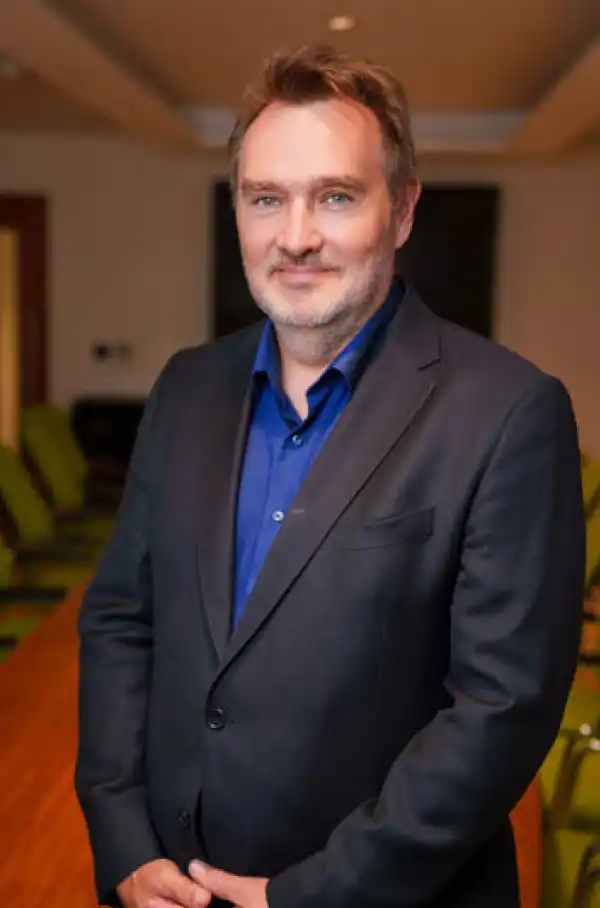Benefits for Chinese Candidates
The FRM Certification is approved by the Occupational Skill Testing Authority (OSTA) and the Ministry of Human Resources and Social Security (MOHRSS) in China as a National Vocational Qualification Certificate. More than 25,000 FRM-Certified Professionals are currently employed by every major Chinese financial institution.
Upon successful completion of the program, candidates in China will receive a certificate acknowledging their achievement and inclusion among a select group of global risk managers. They will also receive a certificate in Chinese and can verify their certification status below to be listed as globally certified risk professionals.
Starting with May 1 registration for November 2025 Exams, GARP will offer its FRM Exam in both Simplified Chinese and American English in Mainland China. This first-time offering will assist in empowering the Chinese-speaking community by providing them with the tools and knowledge needed to excel in the field of financial risk management.














